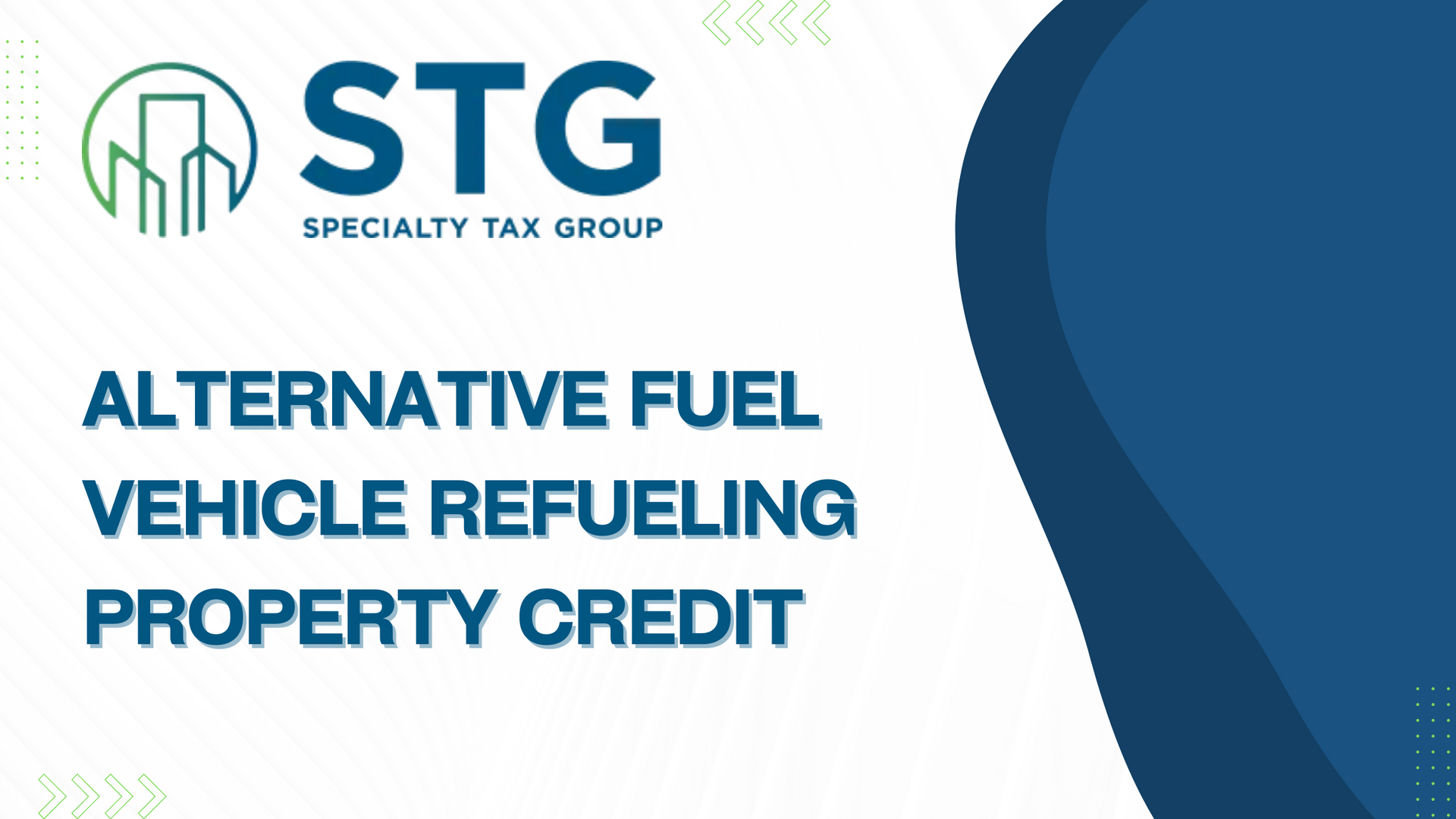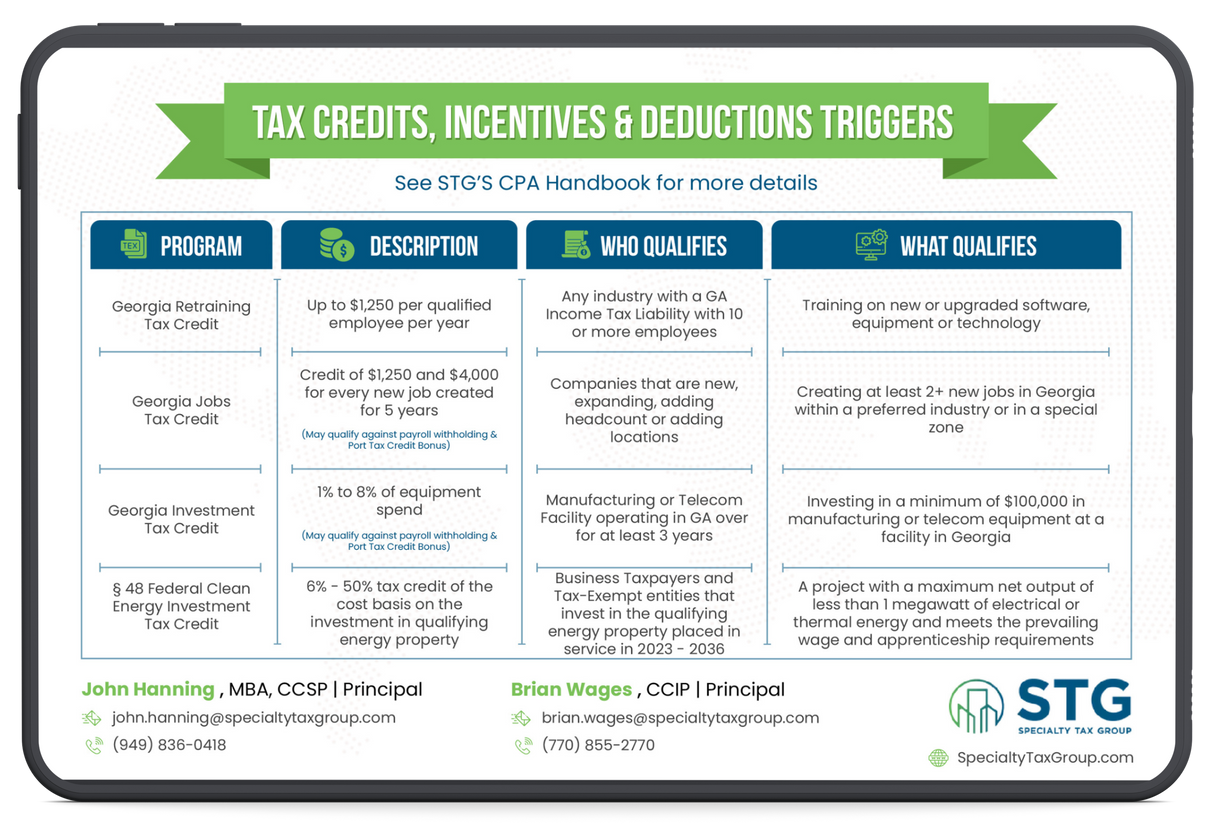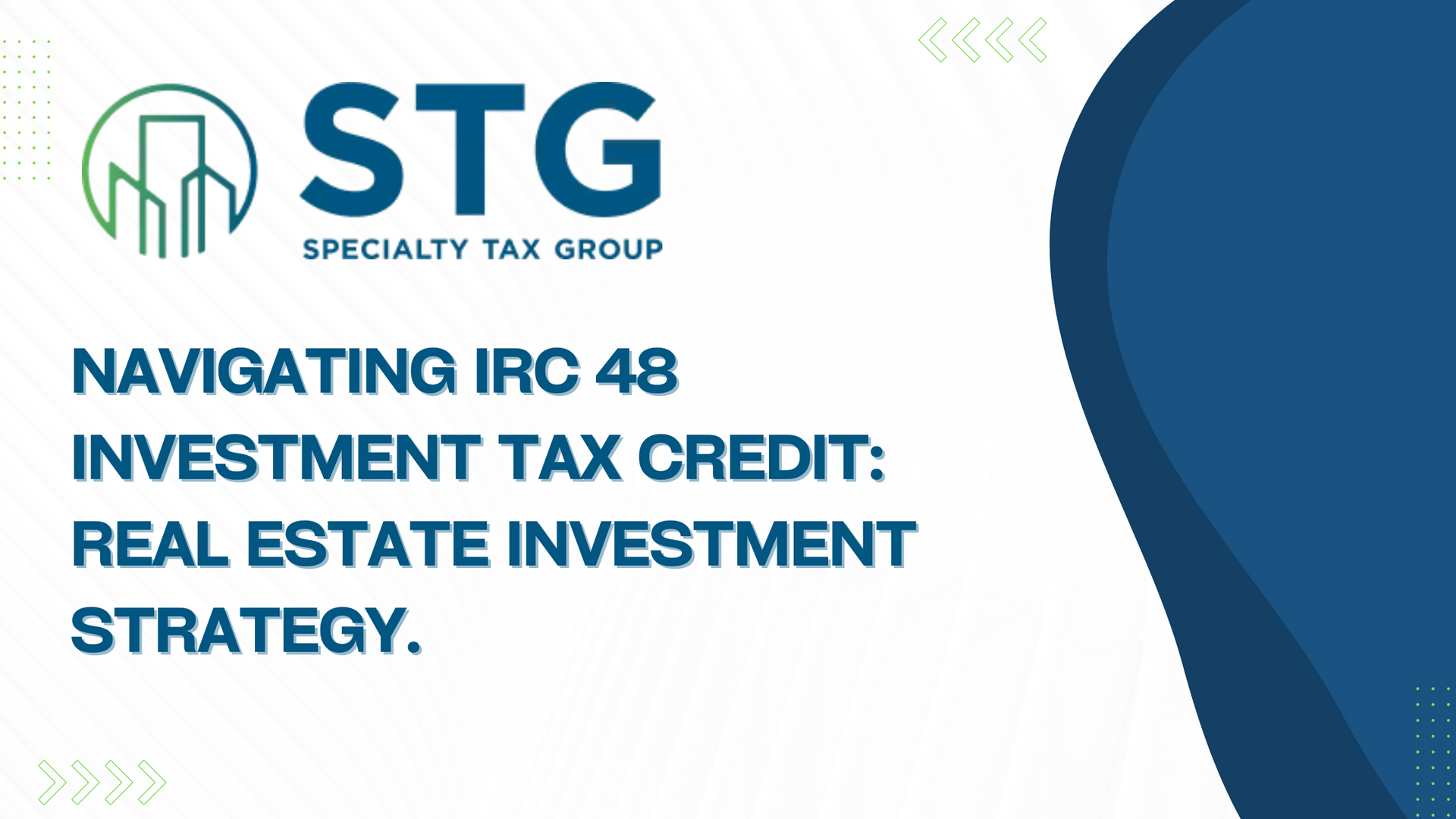This blog post has been researched, edited, and approved by John Hanning and Brian Wages. Join our newsletter below.
Newsletter Form
Alternative Fuel Vehicle Refueling Property Credit

In an era where clean energy initiatives are more crucial than ever, the Inflation Reduction Act (IRA) has paved the way for both businesses and individuals to make significant strides toward a greener future. Among the myriad of opportunities provided by the IRA, the Alternative Fuel Vehicle Refueling Property Credit stands out as a beacon for those looking to transition towards more sustainable energy practices. This credit not only fosters an eco-friendly lifestyle but also offers substantial financial incentives for adopting alternative fuel solutions.
Who Qualifies for the Credit?
The beauty of the Alternative Fuel Vehicle Refueling Property Credit lies in its inclusivity; it is available to both businesses and individuals. To be eligible, one must install qualified refueling or recharging property for vehicles within the tax year. This move aligns perfectly with our ongoing mission at Specialty Tax Group to inform and assist our clients in leveraging tax incentives for sustainable development.
Defining Qualified Refueling Property
To dip into the details, qualified refueling property encompasses systems used to store or dispense clean-burning fuel or to recharge electric motor vehicles. The criteria for this property include:
- Installation within the tax year.
- Original use commencing with the taxpayer.
- Predominant use within the U.S. and its territories.
- For non-business or investment use, installation on a main home's property.
Significantly, from January 1, 2023, the scope has been narrowed to properties placed in service within eligible census tracts, emphasizing support for low-income communities and non-urban areas. This expansion includes charging stations for 2- and 3-wheeled electric vehicles and bidirectional charging equipment, marking a step forward in diversifying clean energy infrastructure.
Financial Incentives: The Amount of Credit
The financial aspect of this credit is compelling. For properties subject to depreciation, as of January 1, 2023, the credit stands at 6% with a cap of $100,000 per property item. Businesses adhering to prevailing wage and apprenticeship requirements may avail of a 30% credit, adhering to the same cap.
For non-depreciable properties, the credit is 30% of the cost, capped at $1,000 per item. Prior to 2023, the credit for all qualifying properties was 30% of the cost, with a maximum credit of $30,000 per location for depreciable property and $1,000 per location for all other properties.
How to Claim the Credit
Claiming the credit is streamlined through Form 8911, designed for reporting the credit for alternative fuel vehicle refueling property placed in service during the tax year. Partnerships and S corporations are required to file Form 8911 to claim the credit. Other taxpayers who receive this credit through partnerships or S corporations can report it directly on Form 3800, General Business Credit, without completing Form 8911.
Navigating the Rules and Requirements
The credit encompasses specific rules, notably:
- Business or investment use of the property is treated as a general business credit.
- Personal use of the property's credit must not exceed certain tax liability limits.
- The basis of the property must be reduced by the credit amount.
- The credit is subject to recapture if the property ceases to qualify within three years from the service date.
Looking Ahead
As we move forward, the Specialty Tax Group is committed to staying abreast of evolving forms, instructions, and guidance for the 2023 tax year and beyond. We believe in empowering our clients with knowledge and tools to not only benefit financially from such incentives but also contribute to the broader goal of sustainable living and environmental preservation.
The Alternative Fuel Vehicle Refueling Property Credit is more than just a financial incentive; it's a stepping stone towards cleaner, greener, and more sustainable energy use. Whether you're a business looking to expand your clean energy infrastructure or an individual seeking to make eco-friendly upgrades to your home, this credit offers a valuable opportunity to invest in the future of our planet while reaping significant tax benefits.
Stay tuned to Specialty Tax Group for the latest updates and guidance on how to maximize your benefits under the Inflation Reduction Act and contribute to a sustainable future.





